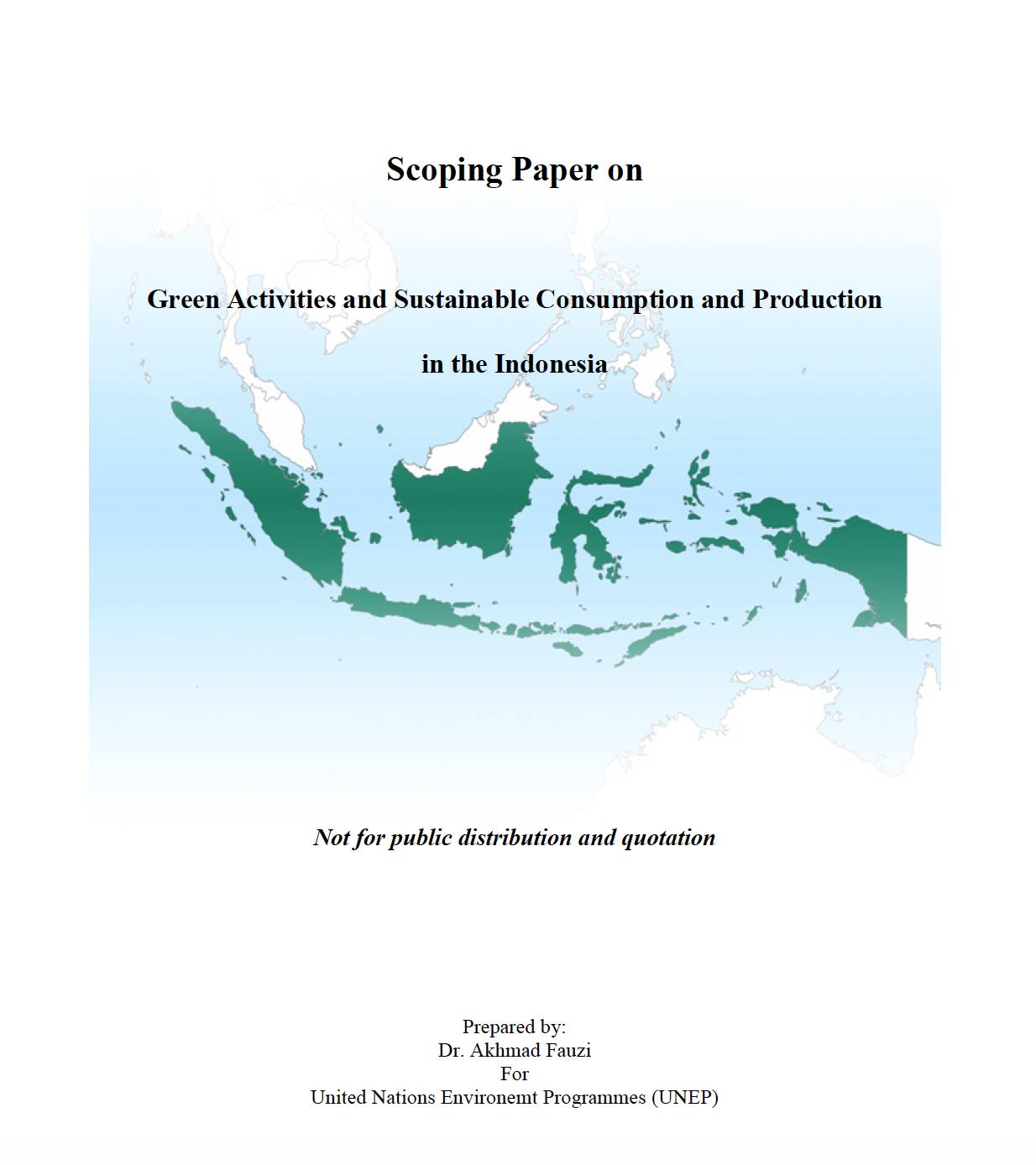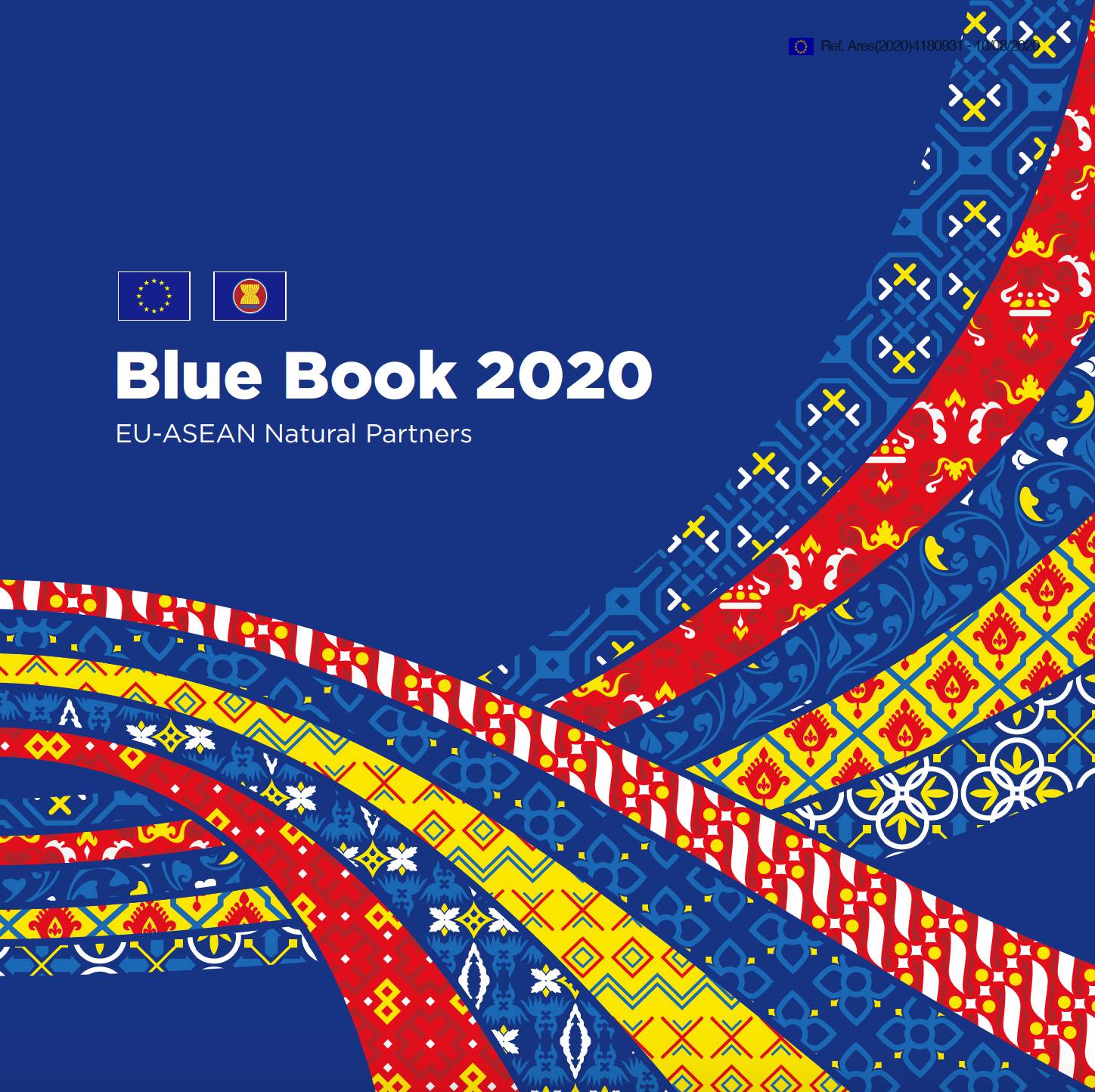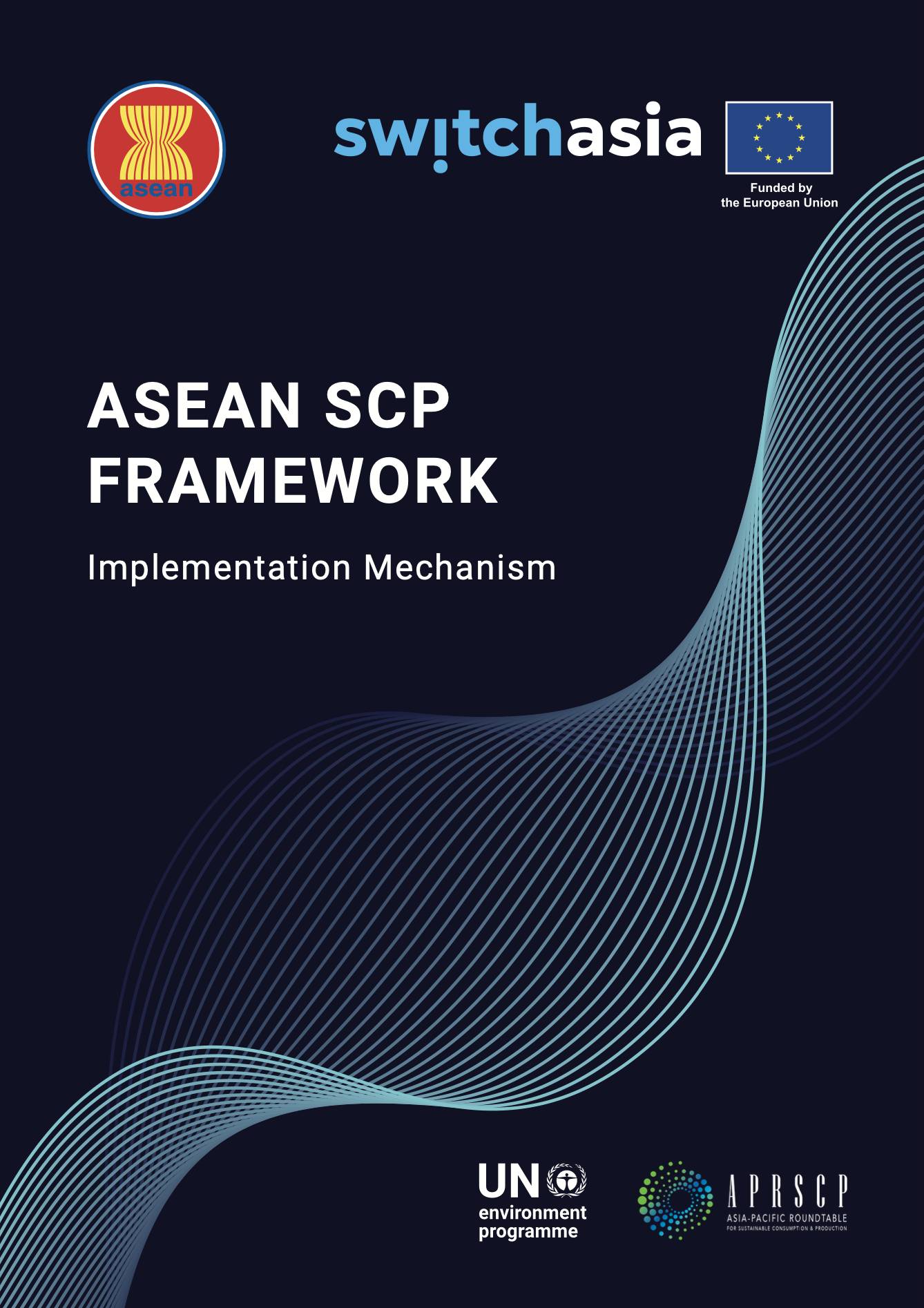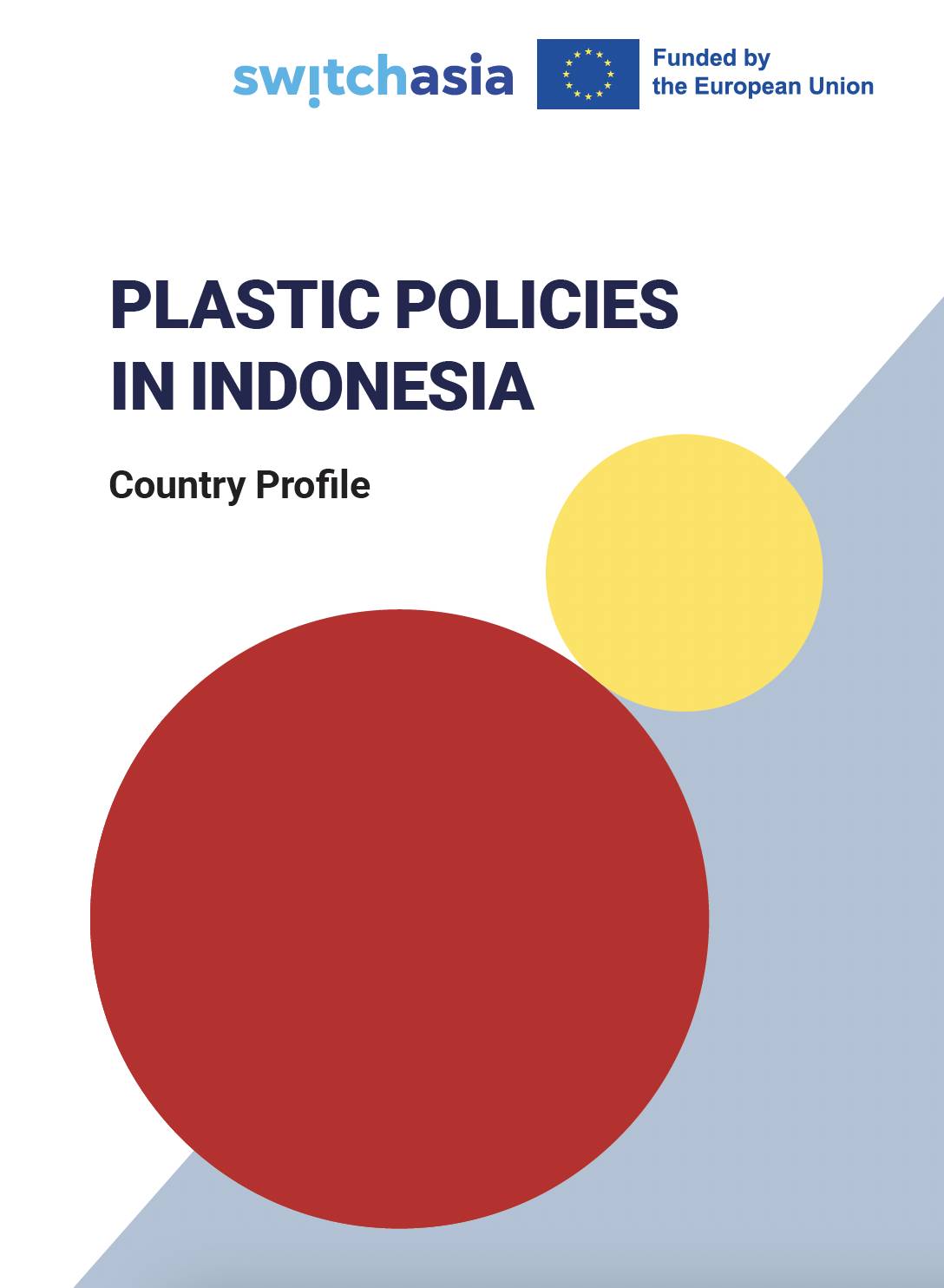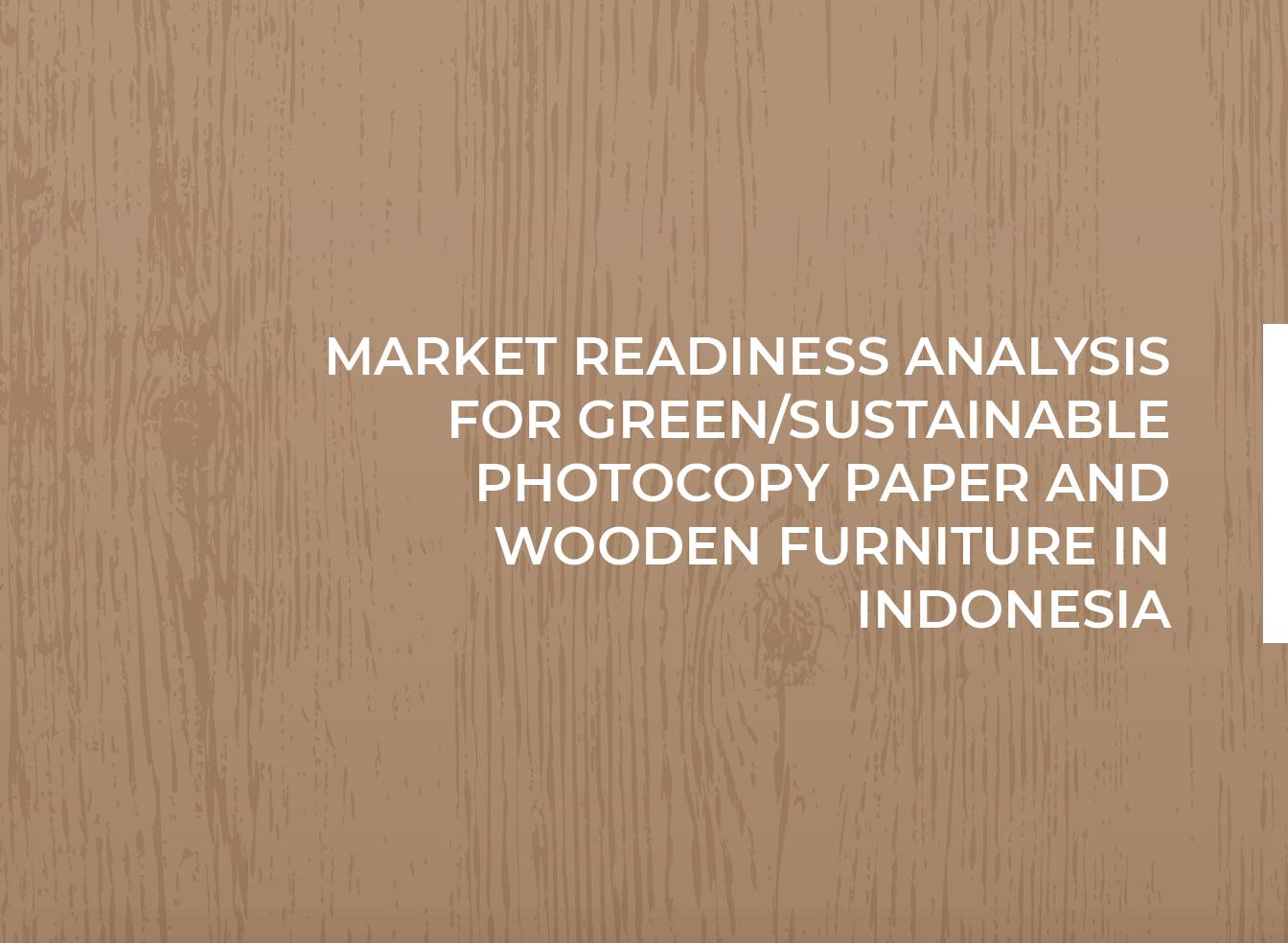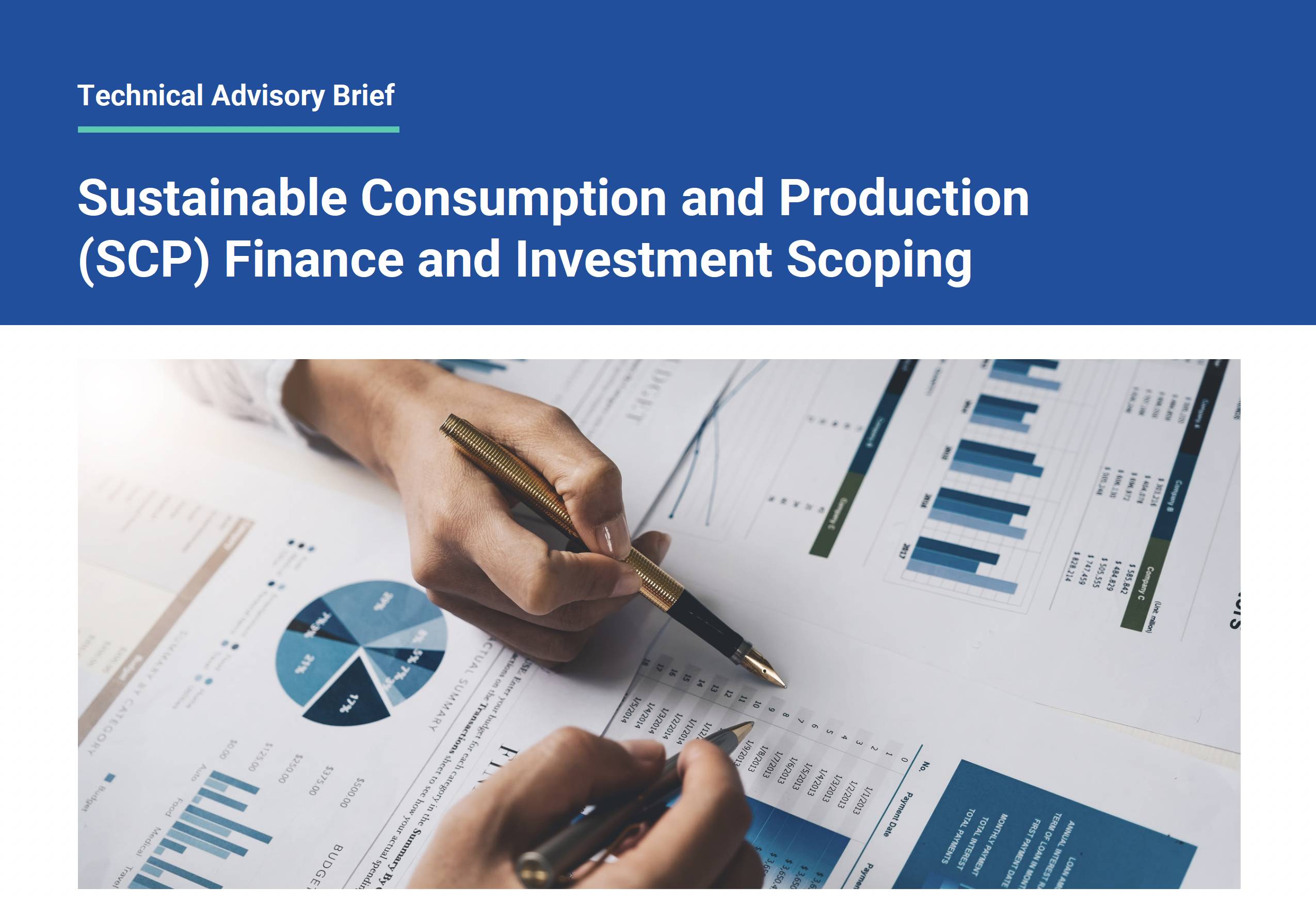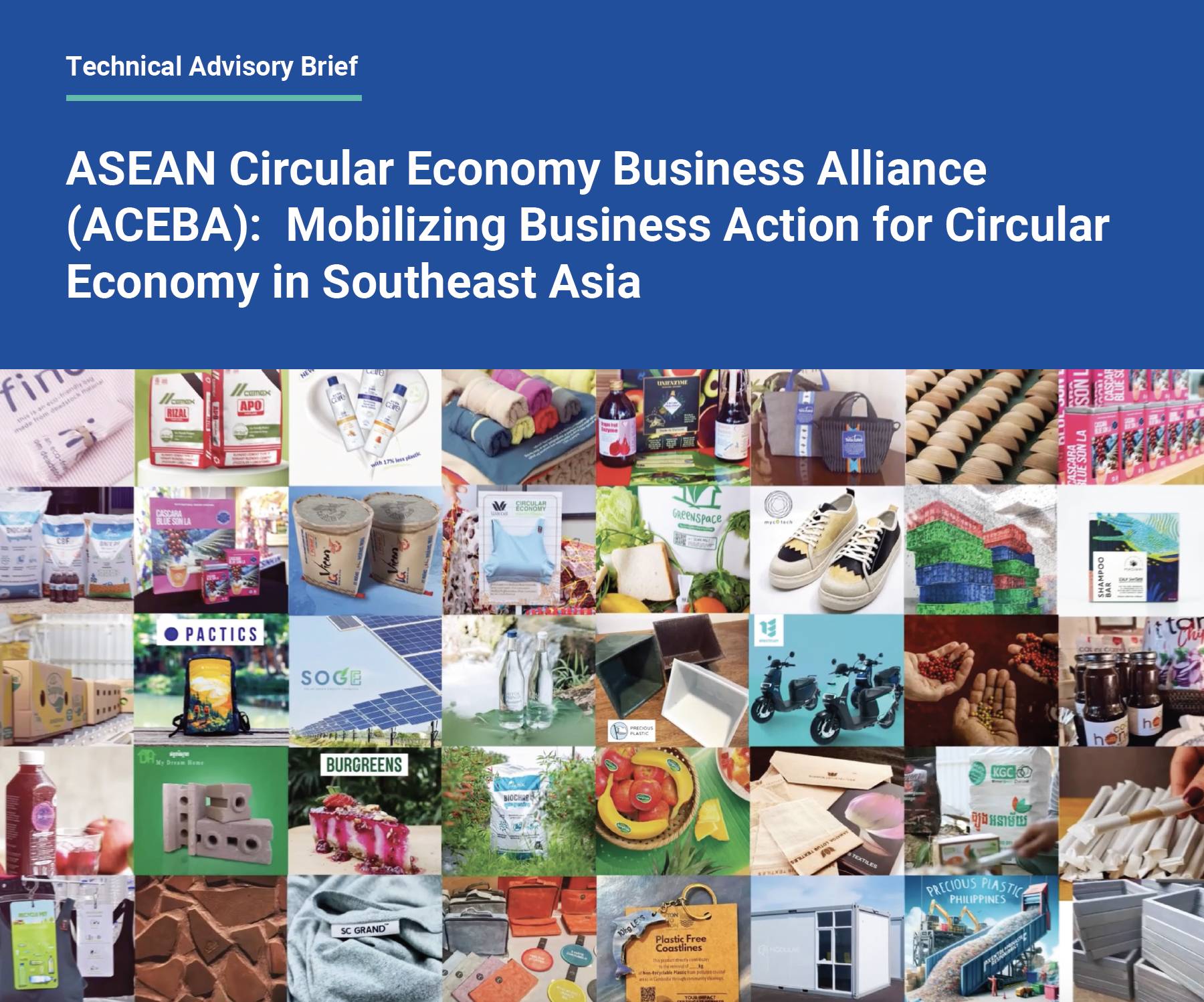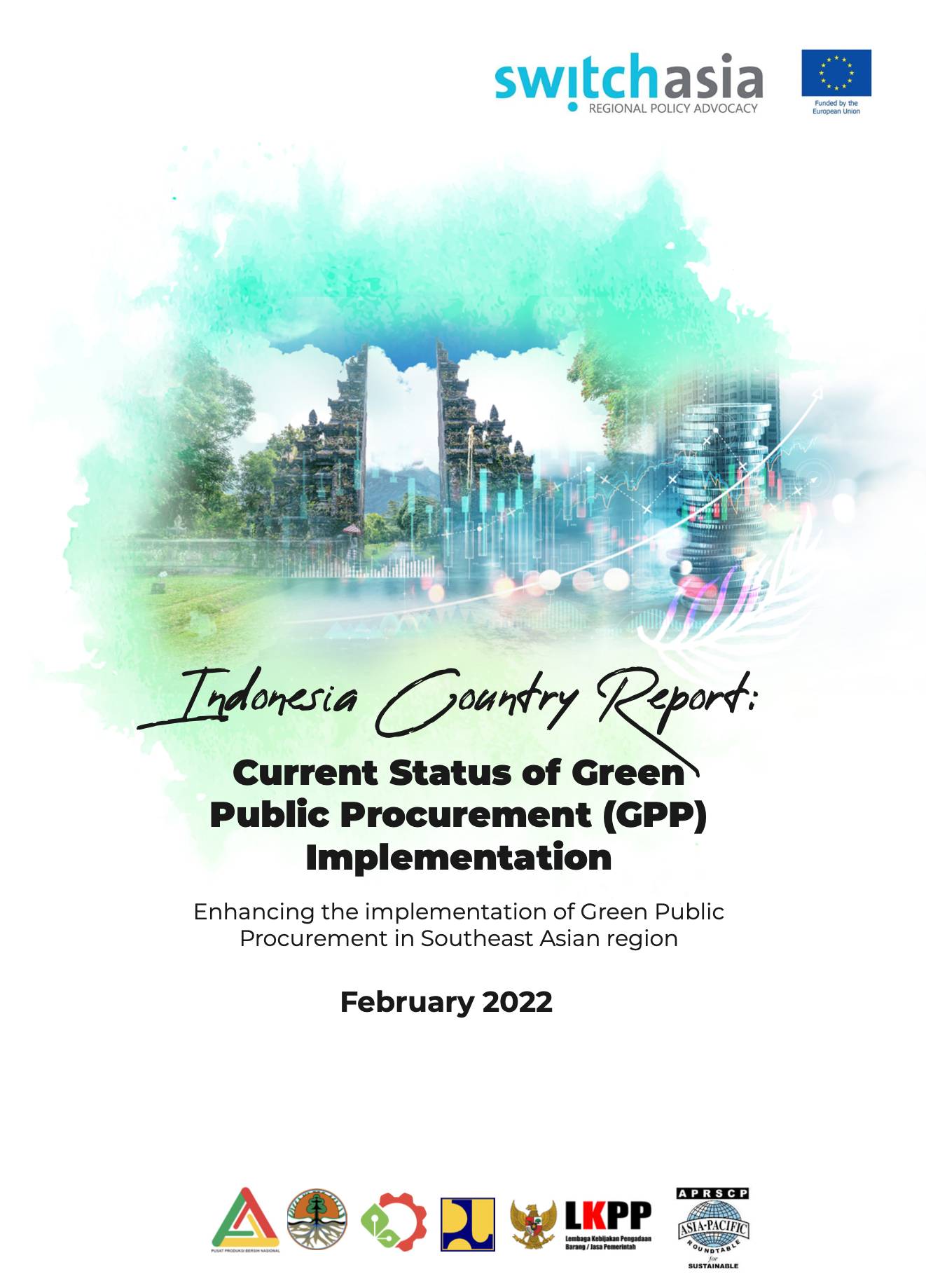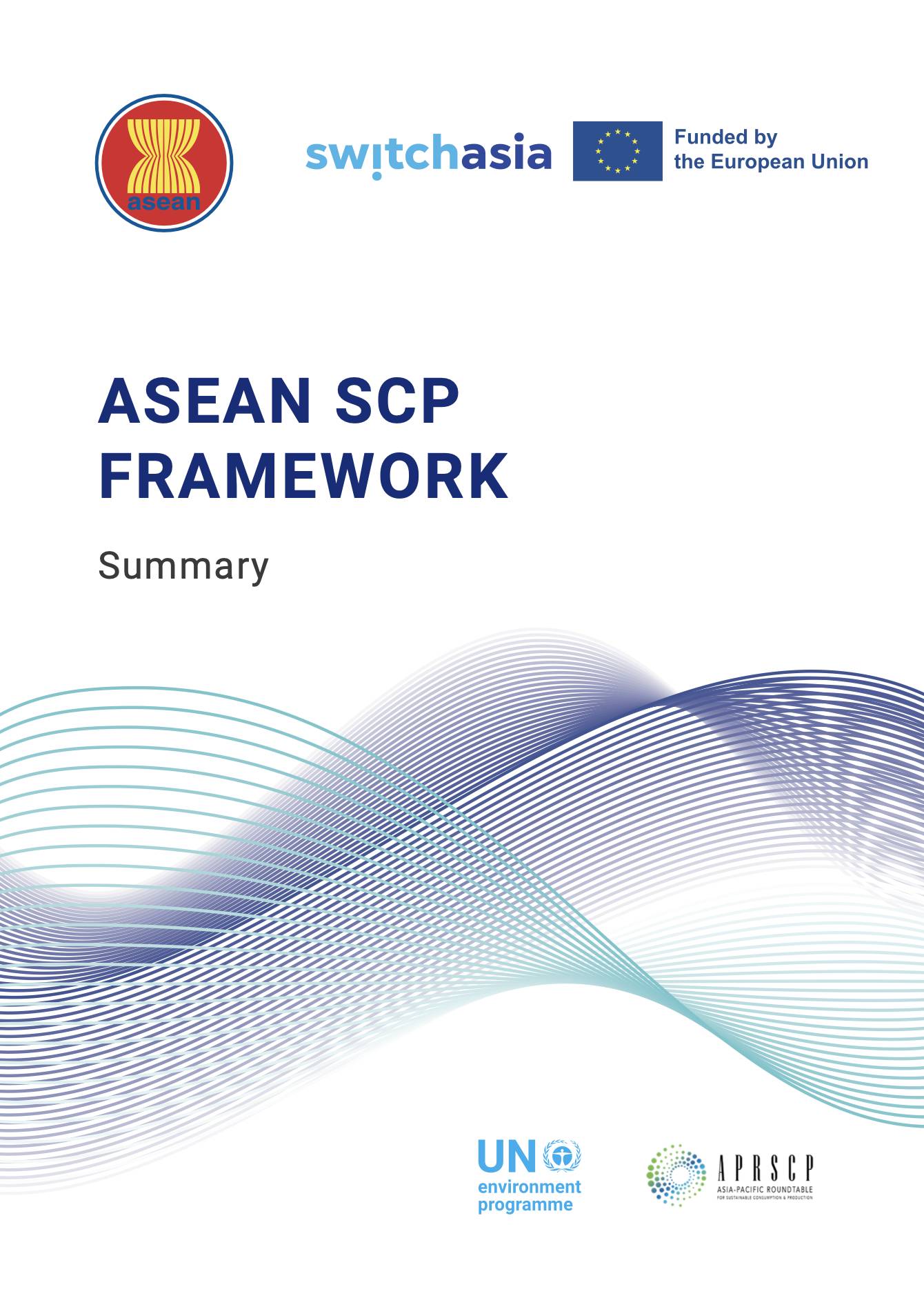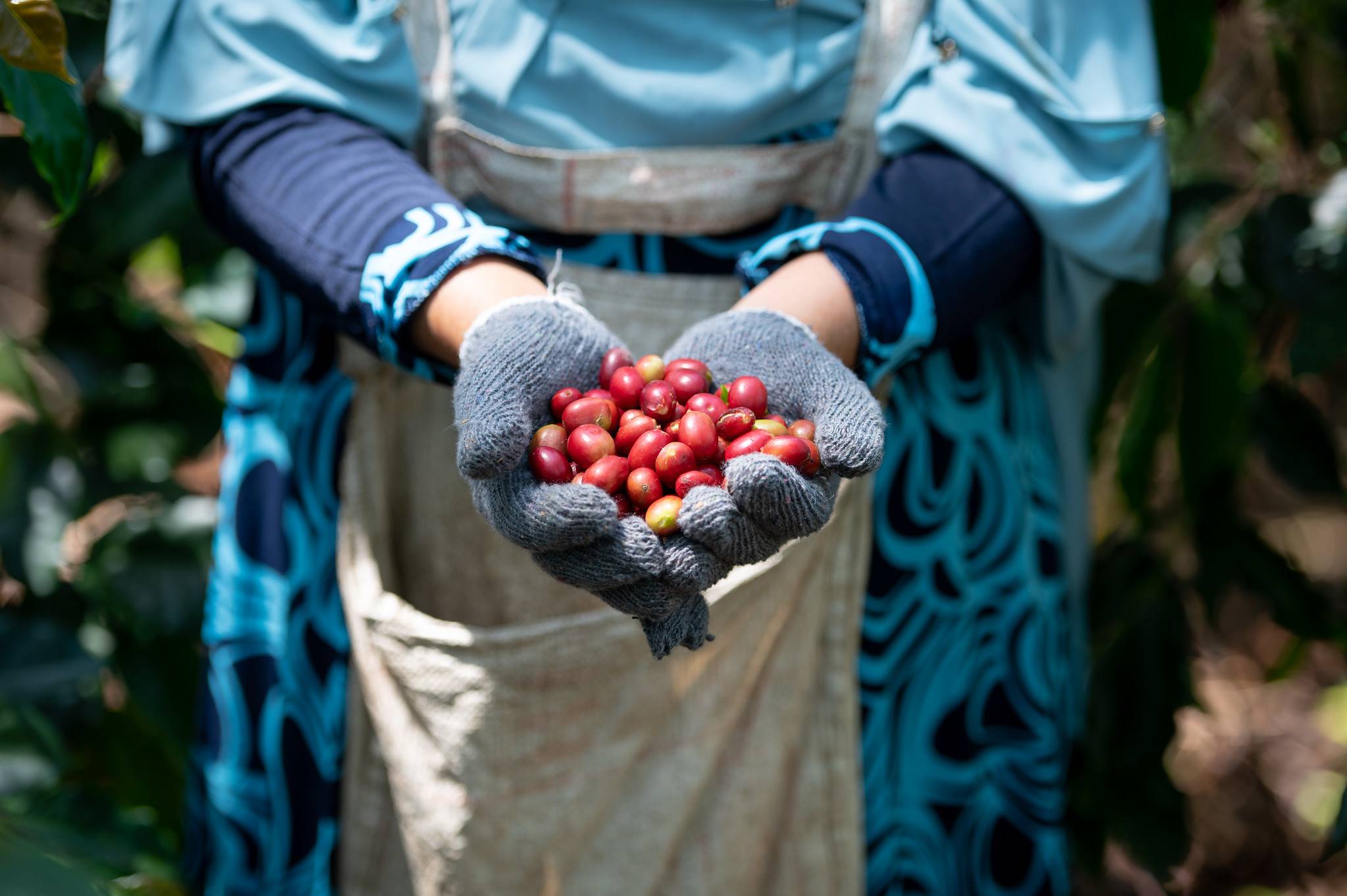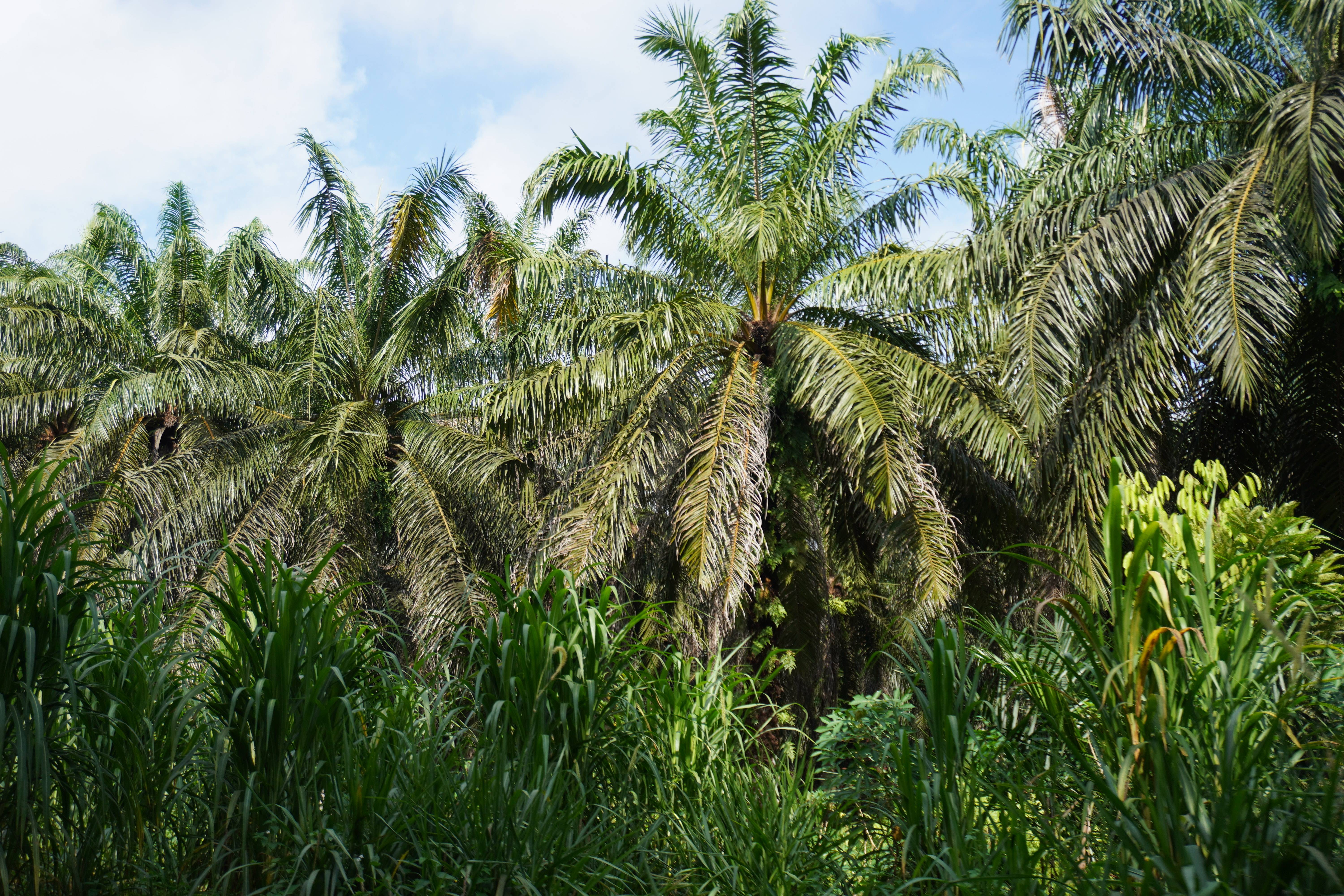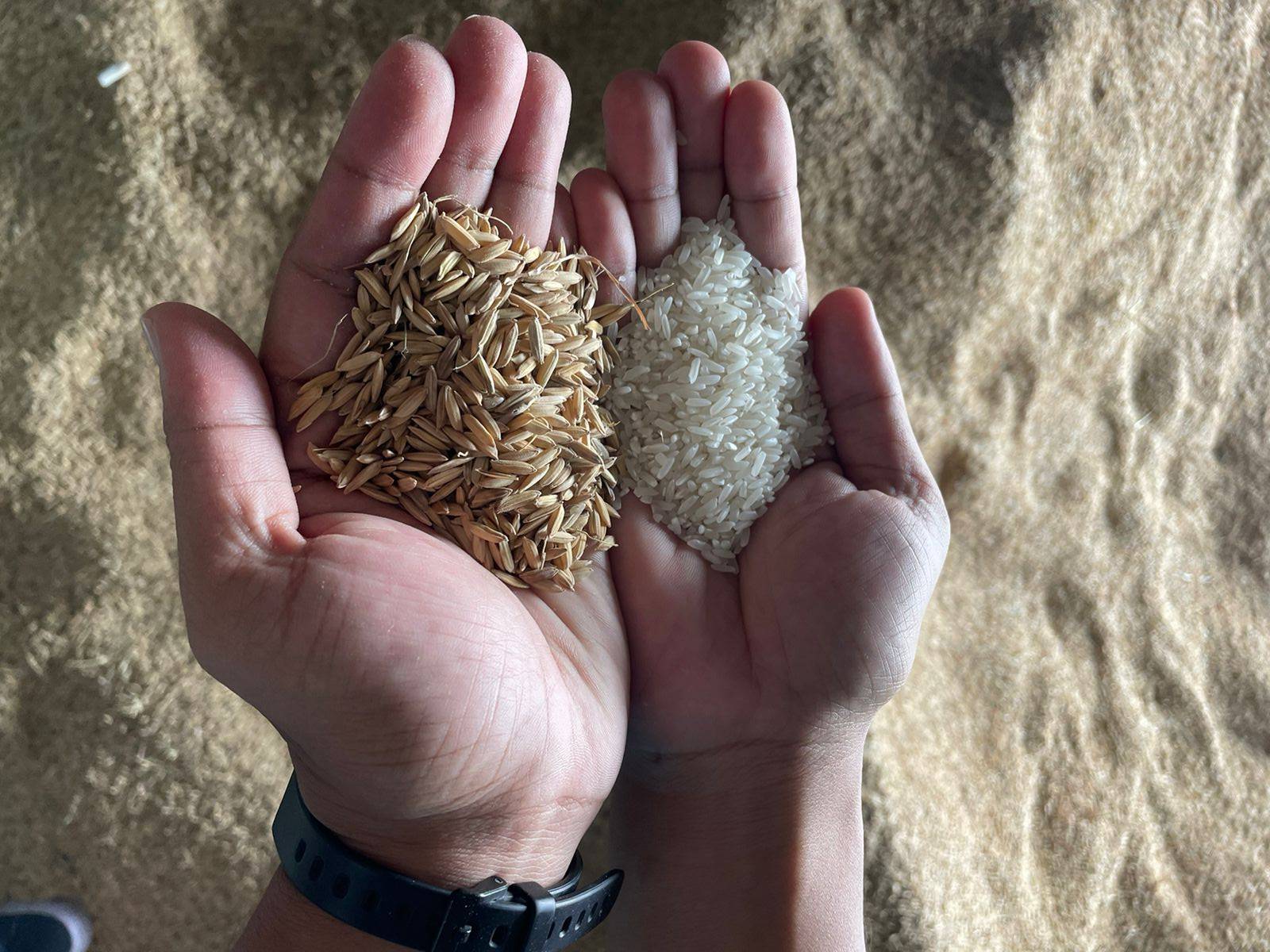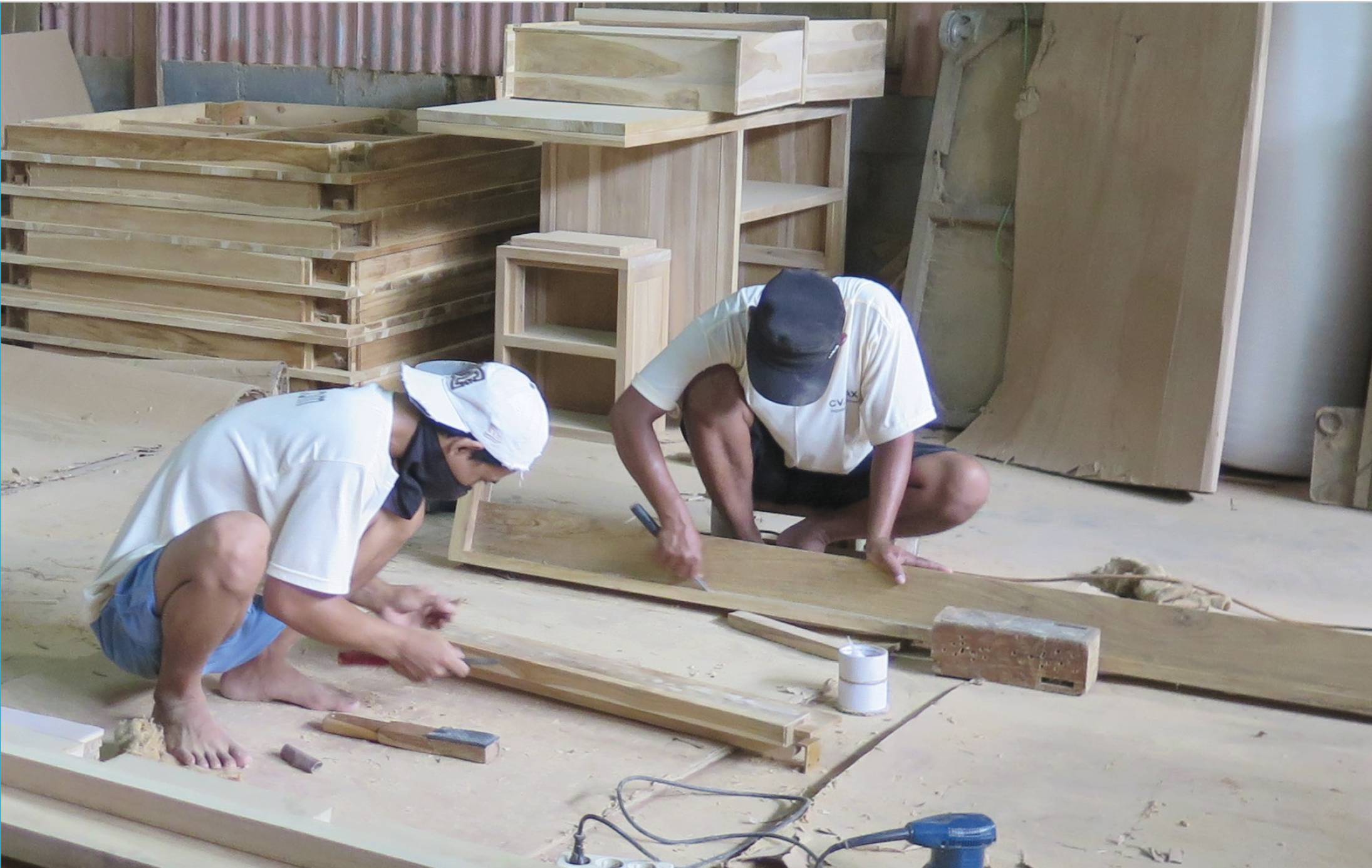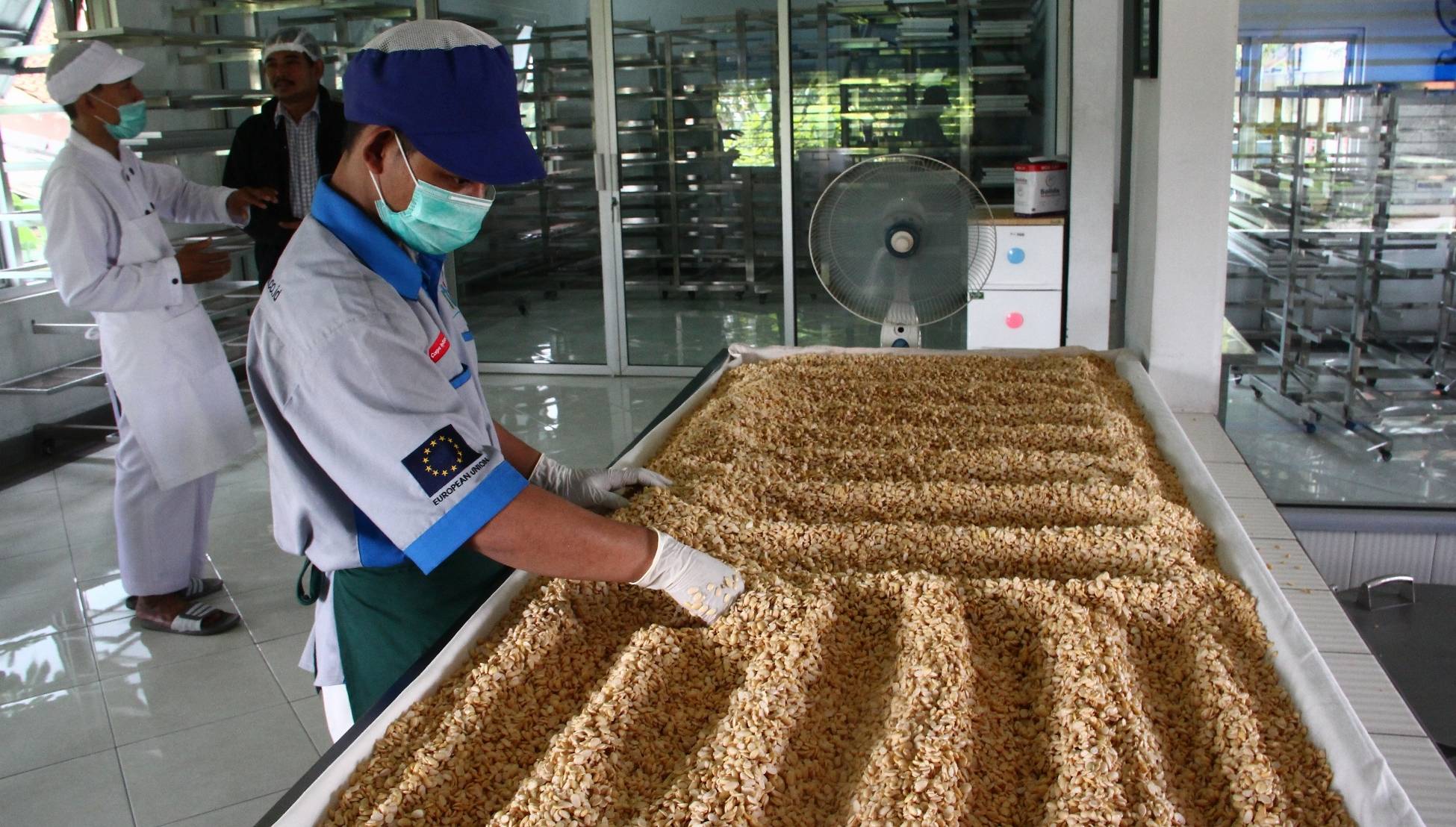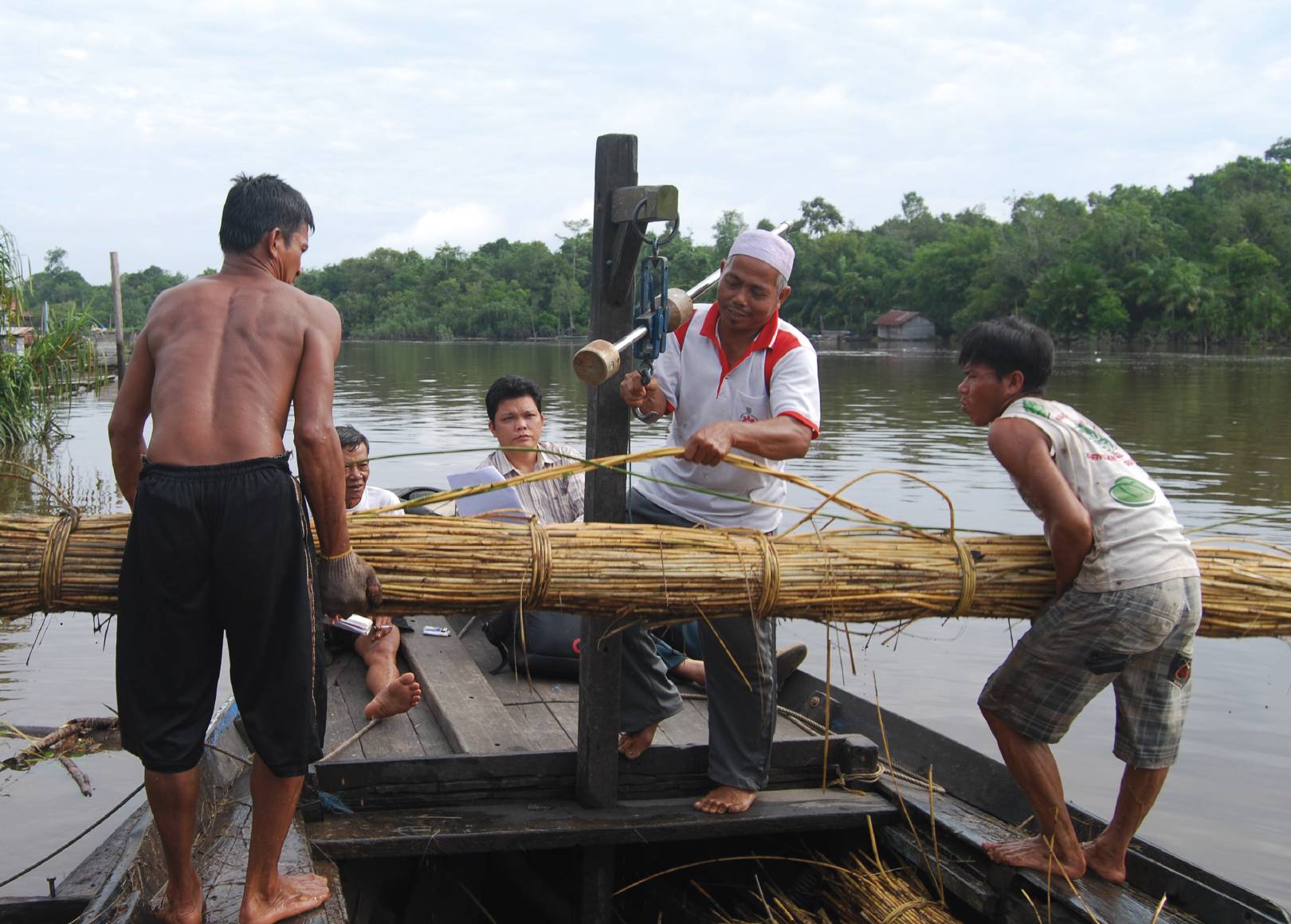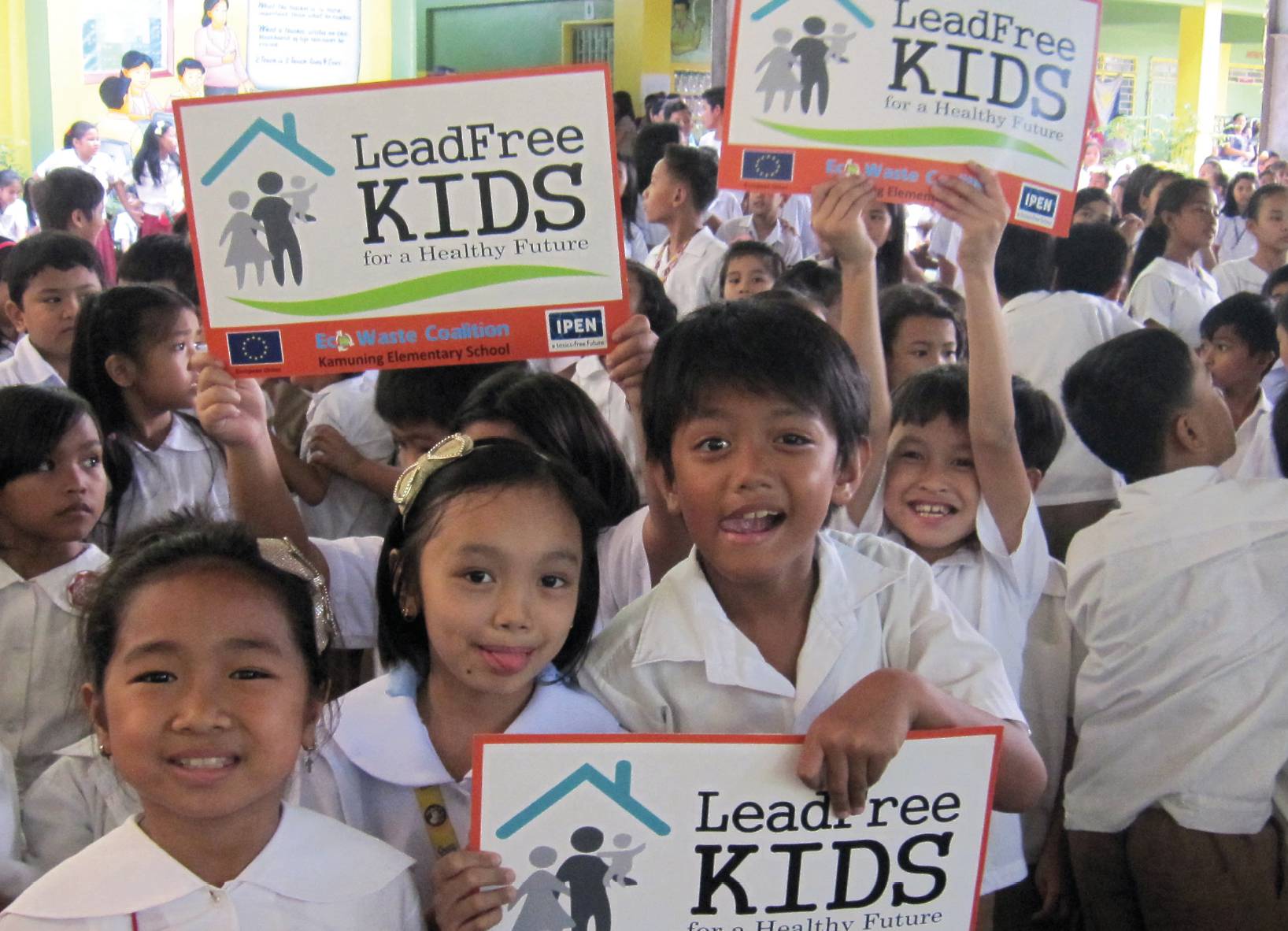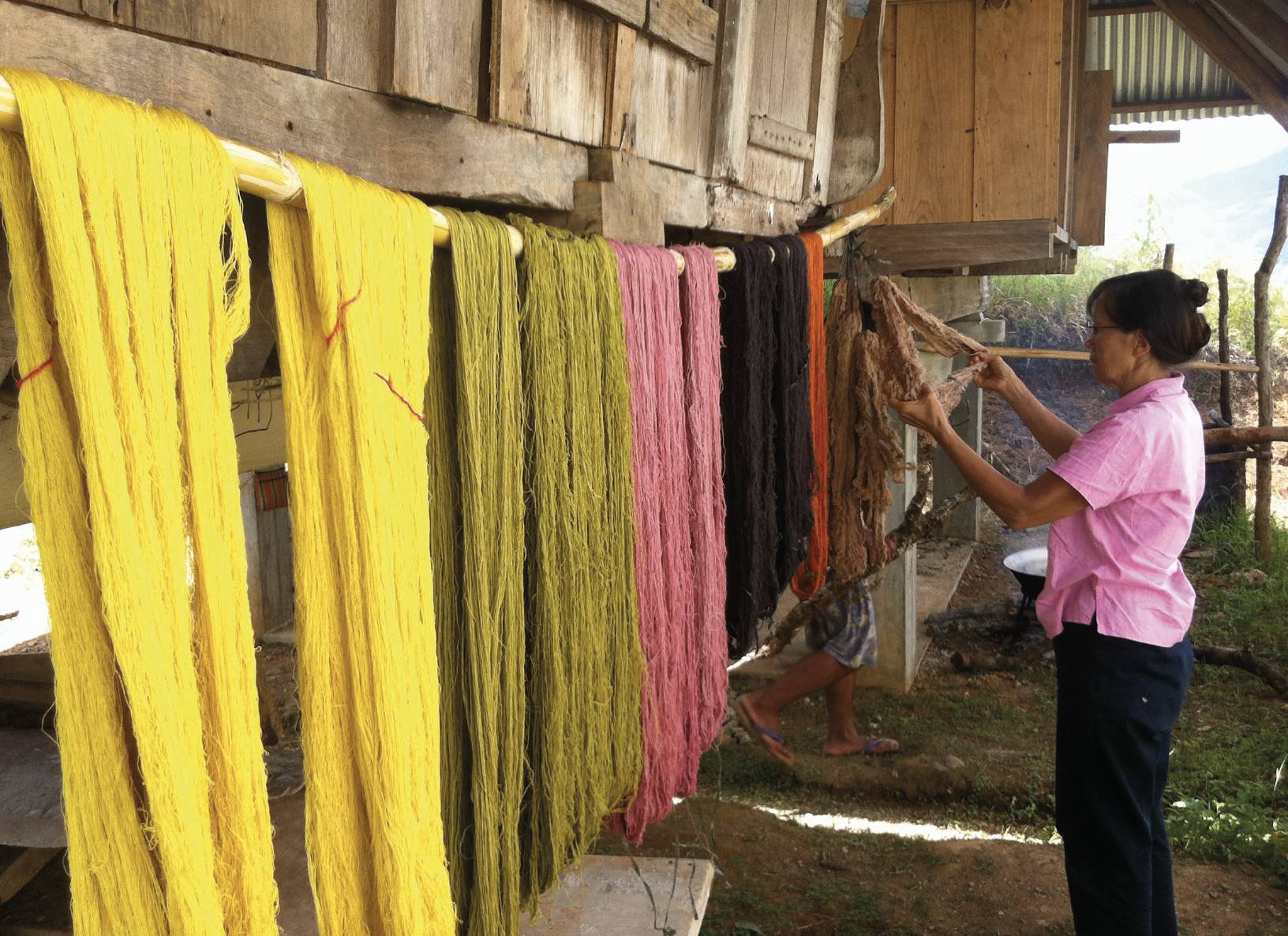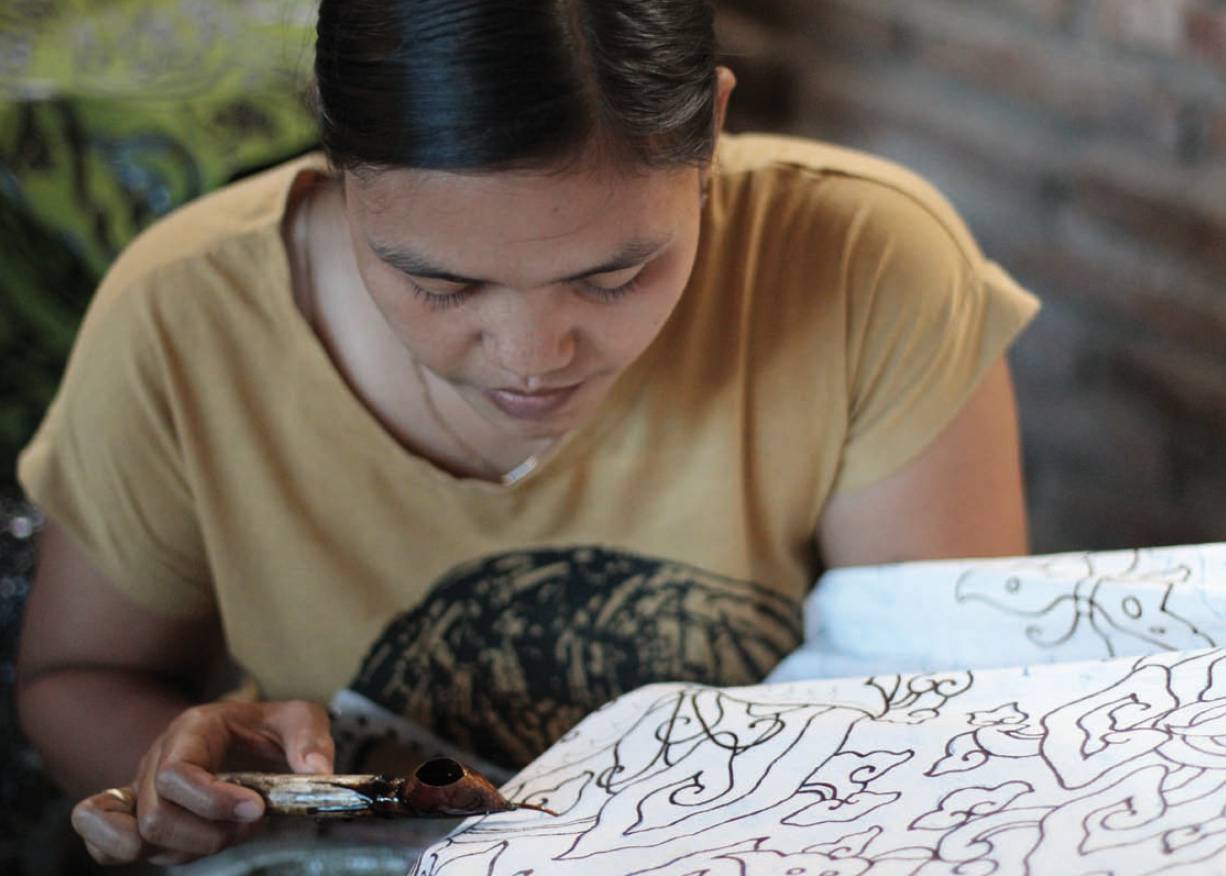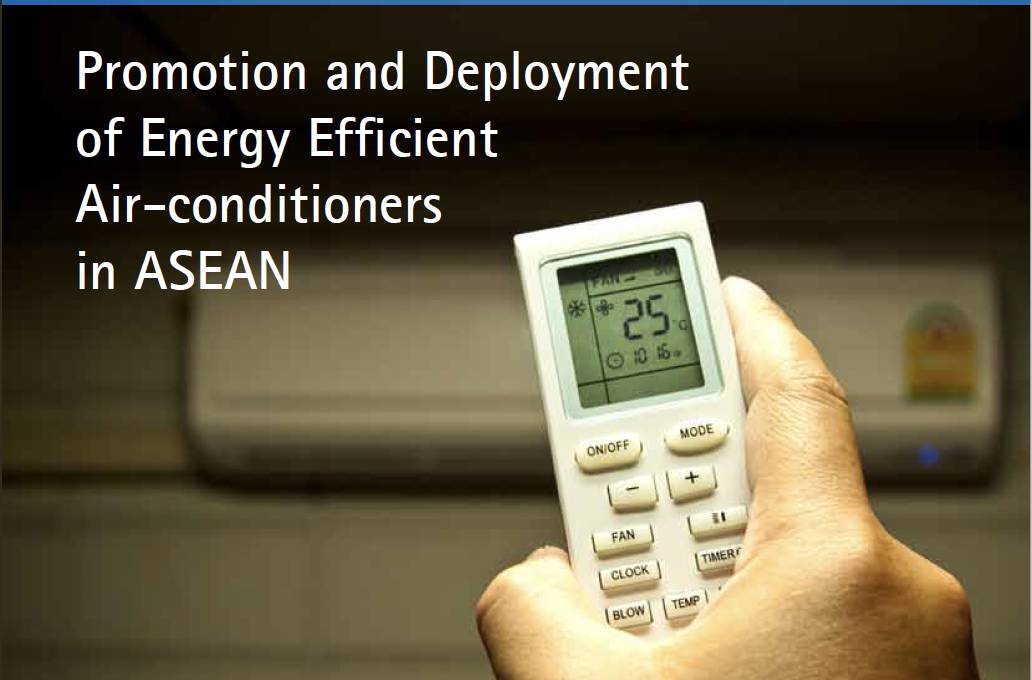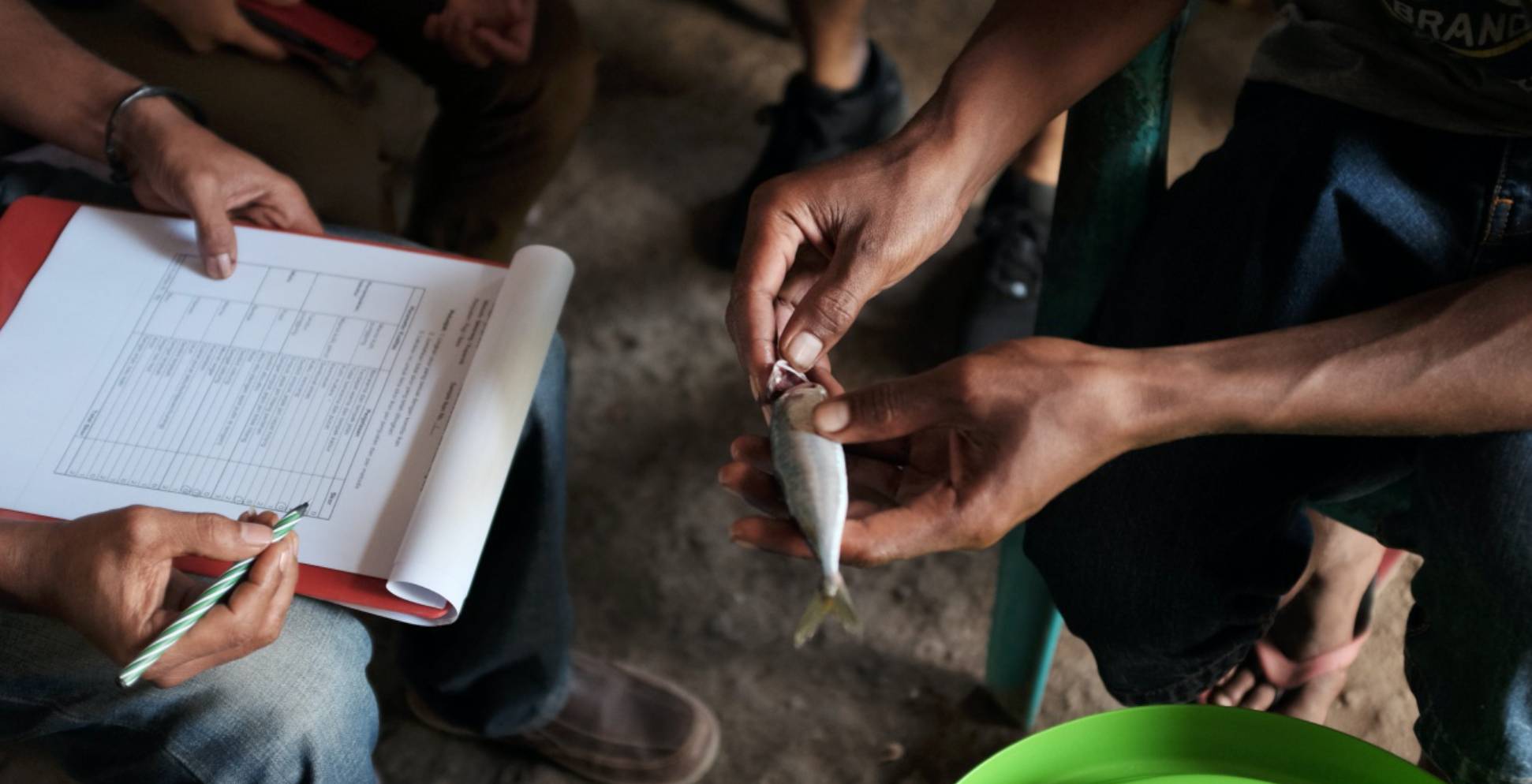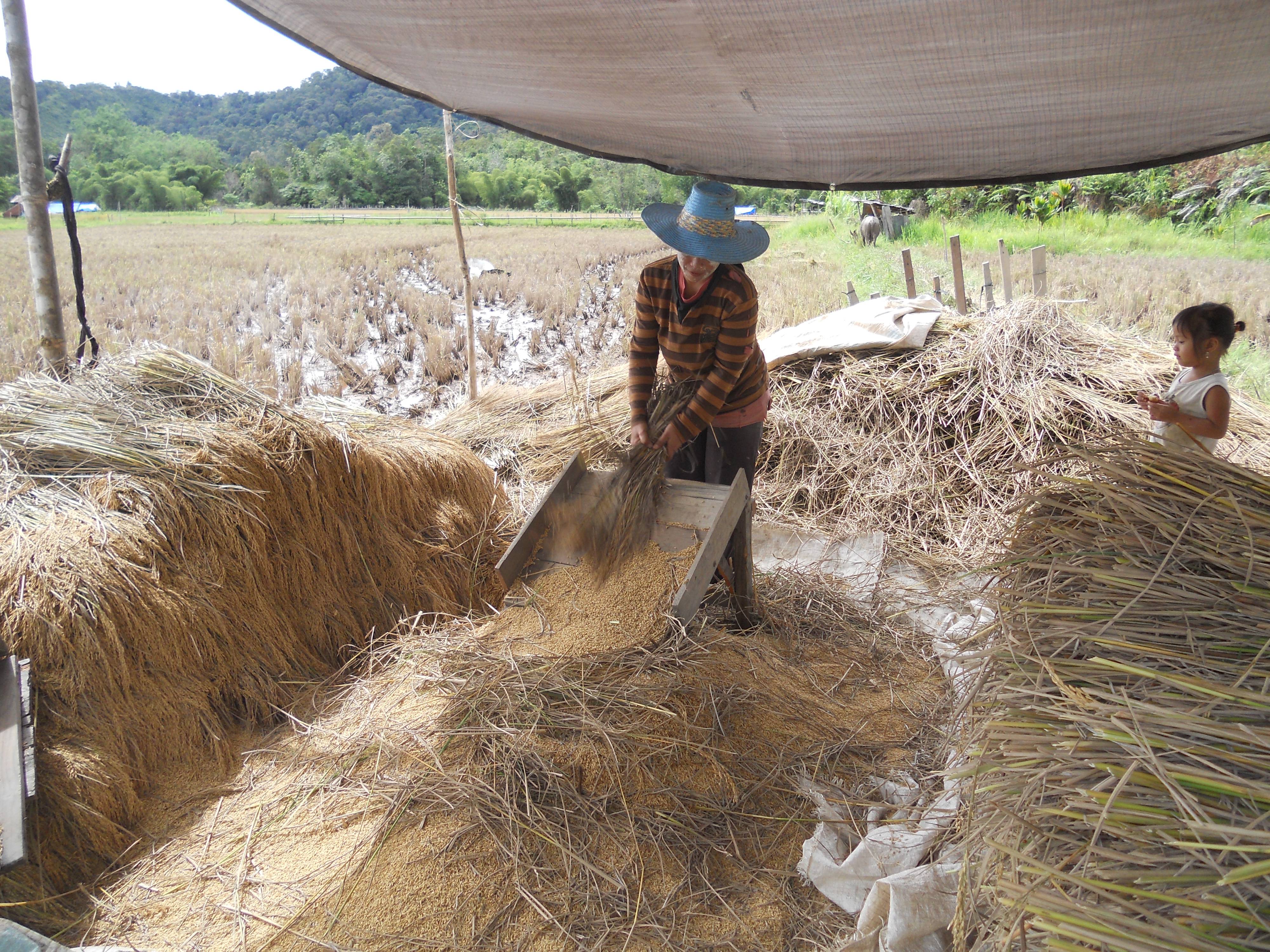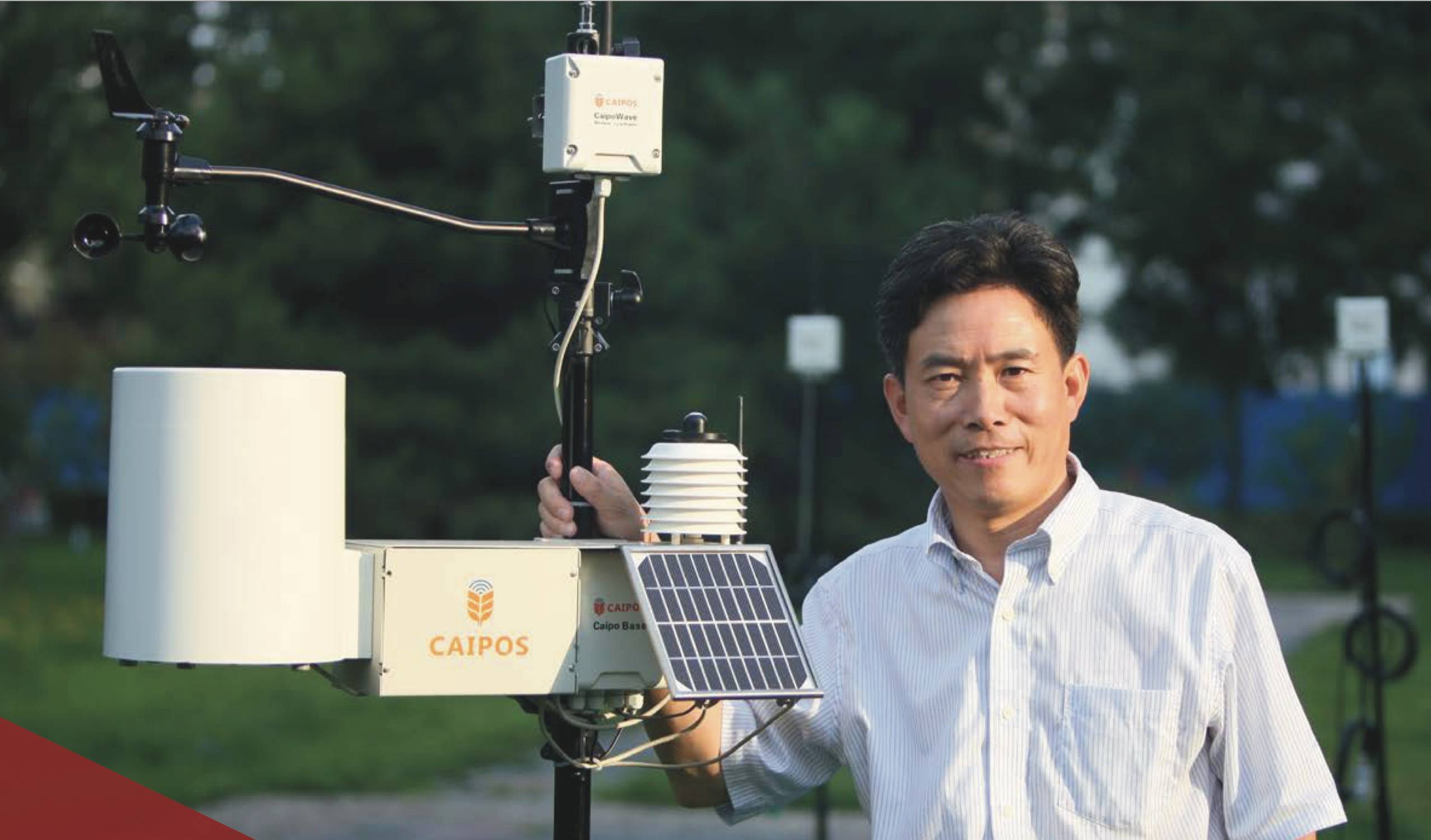
“Indonesia Emas 2045”[1] is a strategic roadmap to transform Indonesia into an innovation-driven economy, shifting from raw materials to reusable and value-added resources. Sustainable Consumption and Production (SCP) is a national priority, supported by the SCP Indonesia Framework 2020–2030[2] and Action Guidelines, which guide measurable implementation. Instruments like the PROPER program[3] promote corporate environmental responsibility. Circular economy strategies are integrated into the National Long-Term Development Plan (RPJPN) 2025–2045[4] to support a green economy. Indonesia also advances resource efficiency and circular practices through initiatives such as the Waste Reduction Roadmap by Producers 2020–2029[5], the National Roadmap & Action Plan Circular Economy Roadmap 2025–2045[6], and the National Plastic Waste Reduction Strategic Actions 2020–2025[7].
Connection to the Global Agenda
Indonesia supports the 2030 Agenda and the Paris Agreement through its national development plans, notably the Long-Term (RPJPN 2025–2045) and Medium-Term (RPJMN 2025–2029) frameworks. The country has presented Voluntary National Reviews (VNRs) at the UN High-Level Political Forum in 2017, 2019, 2021, and 2025 reporting progress on SDG 12. Indonesia also upholds international commitments by ratifying key environmental conventions, including the Basel (No. 61/1993 and No. 47/2005), Stockholm (Law No. 19/2009), Rotterdam (Law No. 10/2013), and Minamata Conventions (Law No. 11/2017), addressing chemicals and hazardous waste management.
A Key Solution to Climate Change
Indonesia is committed to low-carbon development and climate resilience, with emissions reduction central to its sustainable development agenda. Since joining the UNFCCC in 1994, climate action has been increasingly integrated into national planning. Indonesia’s updated Nationally Determined Contribution (NDC), submitted in 2022, targets a 29% emissions reduction unconditionally, and 43.2% with international support by 2030. The NDC spans energy, waste, industry, agriculture, and land use, alongside adaptation measures. In 2021, Indonesia submitted its Long-Term Strategy for Low Carbon and Climate Resilience (LTS-LCCR) 2050, backed by the Net Zero Emissions Roadmap, aiming for carbon neutrality by 2060 or earlier.
Priority sectors
- Indonesia prioritizes the circular economy in food, retail (especially plastic packaging), electronics, and textiles, aiming for zero-waste industries, social inclusion, and sustainable resource and energy use.
- The country is shifting from agriculture and mineral-based industries to advanced, circular, and sustainable industries, while promoting sustainable food systems.
- Indonesia generates high levels of food loss and waste and is addressing this through regulations, education, and improved food rescue systems.
- Responsible consumption and production are promoted via healthy food labeling, “green product” legislation, and the use of “healthier food” logos.
- Extended Producer Responsibility (EPR) under Ministerial Regulation No. 75/2019 aims to cut producer waste by 30% by 2029 through prevention, recycling, and upcycling.
- Green Public Procurement (GPP) frameworks create demand for sustainable products and services and support the development of green public facilities.
[1] Indonesia Emas 2045 Website
[2] Ministry of Environment and Forestry. (2020). Kerangka Kerja Strategi Pencapaian Konsumsi dan Produksi Berkelanjutan Indonesia Tahun 2020-2030
[3] Ministry of Environment and Forestry. (2019). Companies’ Performance Rating Program (PROPER)
[4] Ministry of National Development Planning. (2024). National Long-Term Development Plan 2025–2045
[5] Ministry of Environment and Forestry. (2019). Roadmap of Waste Reduction by Producer 2020–2029
[6] Ministry of National Development Planning. (2024). National Roadmap & Action Plan Circular Economy Roadmap 2025–2045
A look back at milestones that shaped our work
2018
SCP Facility
- Preliminary assessment of SCP related policies, activities, needs/gaps, and opportunities.
Regional Policy Advocacy Component (RPAC)
Facilitated the participation of Indonesian key-stakeholders in the following regional/ sub-regional activities:
- Asia Pacific Low Carbon Lifestyles Challenge (19-22 Mar 2018), hosted by Thailand, regional level
- Transforming Asia Pacific: Innovative Solutions, Circular Economy and Low Carbon Lifestyles (17-19 Sep 2018), hosted by Thailand, regional level
- Asian Circular Economy Leadership Academy (3-8 Dec 2018), hosted by Thailand, regional level
2019
SCP Facility
- A bilateral meeting took place on 4-5 August 2019 with the NFP, the EU Delegation to Indonesia and the GIZ’s Advance SCP project focusing on the supporting the country in this same sector;
- A specific request for support was addressed by the national government on 4 October 2019 on the implementation of SCP policies and in particular of Green Public Procurement;
- A concept note with specific actions and timeline was developed by the SCP Facility in consultation with the GIZ project 'Advance-SCP' (focus on Sustainable Public Procurement and eco-labelling).
Regional Policy Advocacy Component (RPAC)
Facilitated the participation of Indonesian key-stakeholders in the following regional/ sub-regional activities:
- “Sustainability Reporting – Thinking Circular Economy by Businesses” - This event was organised back-to-back with 2019 Asia Pacific Forum on Sustainable Development (27 Mar 2019), hosted by Thailand, regional level
- Businesses Accelerating Inclusive Green Economies – "Leaving No One Behind” - Side event on the Responsible Business and Human Rights Forum co-organised by the Royal Thai Government, OECD, United Nations Development Programme (UNDP), ESCAP, International Labour Organization (ILO) and with the participation of the UN Working Group on Business and Human Rights (11 Jun 2019), hosted by Thailand, regional level
- 2019 Southeast and Northeast Asia Policy Dialogue and Training on “Harmonizing SPP practices and Measuring SPP benefits” - The activity took place in parallel with a series of events related to green procurement organized by the China Environmental United Certification Center (CEC) (23 - 25 Oct 2019), hosted by China, regional level
- WEBINAR: SDG 12.1 Reporting for SWITCH-Asia Countries – Connecting the dots between actions and reporting (5 Nov 2019), regional level
- Policy Dialogue on SDG12 Reporting (21 Nov 2019), hosted by Vietnam, regional level
- 2019 SWITCH-Asia Leadership Academy on Circular Economy (2-6 Dec 2019), hosted by China, regional level
- "Supporting decision making on SCP through training on Sustainable Procurement” - This event was organised back-to-back with International Conference on Sustainable Energy and Green Technology 2019 (11 Dec 2019, hosted by Thailand, regional level
2020-2021
SCP Facility
Implementation of the following joint activities with the Ministry of Environment and Forestry Indonesia, the SCP Facility, and the GIZ Advance SCP, in partnership with the government partners working on Green/Sustainable Public Procurement (G/SPP), with guidance from EU Delegation:
- Led by the SCP Facility, development of a market readiness analysis report on the wooden furniture and paper industries;
- Led by the GIZ Advance SCP, development of technical regulations for paper and furniture sectors, based on the market readiness analysis report, and initiation of the process for the Long-Term Action Plan for G/SPP in the paper and wood furniture sectors and other priority sectors in Indonesia.
2020
Regional Policy Advocacy Component (RPAC)
Facilitated the participation of Indonesian key-stakeholders in the following regional/sub-regional activities:
-
SWITCH2Green Meeting - RPAC initiated the discussion and shared the first report in 2020. (April 2020)
-
MOVING THE NEEDLE ON CLIMATE CHANGE – The event was co-organised by the UNESCAP as a part of the 2020 Virtual United Nations Responsible Business and Human Right Forum (RBHRF) (10 Jun 2020), hosted by Thailand, regional level
- WORLD ENVIRONMENT DAY 2020 – A media kit was provided to call for action to promote SCP as a part of the 2020 World Environment Day (WED) celebration (5-7 Jun 2020), regional level
- Intervention in regional forum: Webinar on Sustainable Lifestyles for Plastics & Packaging Waste Management During a Pandemic COVID-19 (6 Aug 2020), hosted by Thailand, regional level
- SCP in Tourism: Opportunities and Challenges with COVID-19 (8 Oct 2020), hosted by Thailand, regional level
- Innovation and Connectivity through Farm to Fork (13 Nov 2020), hosted by Thailand, regional level
- Sustainable Lifestyles for SCP (19 Nov 2020), hosted by Thailand, regional level
- Support to Steering Committee of SWITCH-Asia – Provide support for the annual Steering Committee Meeting to review each country proposed 2021 workplan (3 Dec 2020), regional level
- Regional Policy Dialogue on Circular Cities (4 Dec 2020), hosted by Thailand, regional level
- Regional Dialogue Driving Mechanisms for Eco-Design in Asia (9 Dec 2020), hosted by Thailand, regional level
- Leadership Academy on Circular Economy 2020 (14-18 Dec 2020), hosted by India, regional level
- Webinar: Innovations & Startups (16 Dec 2020), hosted by Thailand, regional level
2021
Facilitated the participation of Indonesian key-stakeholders in the following regional/sub-regional activities:
- Contextualising the Circular Economy for Action (4 Feb 2021), hosted by Thailand, regional level
- Virtual Consultation: Mapping SCP in ASEAN Countries (17 March 2021), hosted by Thailand, sub-regional level
- Technology for Circular Economy: A Prologue to the 2021 SWITCH-Asia Leadership Academy (25 March 2021), hosted by China, regional level
- Circular Economy and Sustainable Lifestyles Course (18 May 2021), hosted by Thailand, regional level


